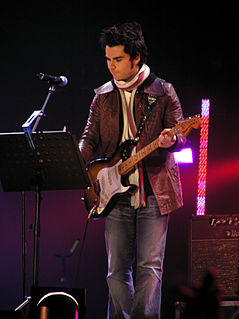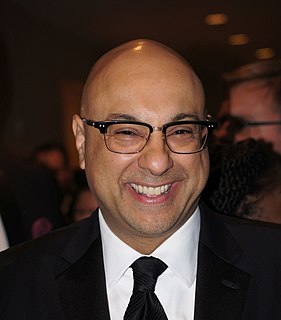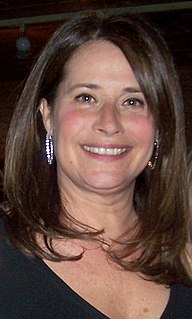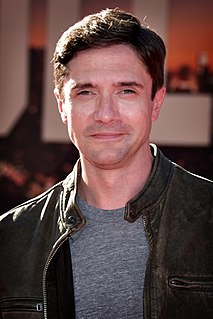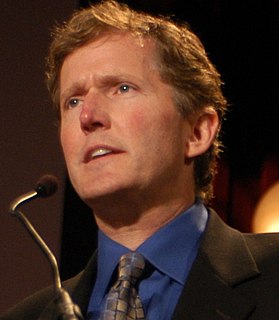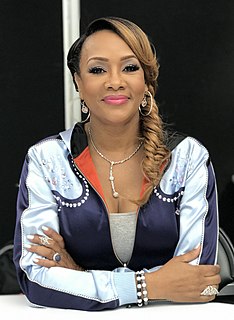A Quote by Nadine Shah
We played a show the other week at this festival and it was an audience that I'd never normally play in front of. That's one the greatest things about festivals: you don't always get your audience, you get people who just pop in out of curiosity. The reaction was amazing; there were people dancing, which we've never had, I guess because the message is pretty powerful and the performance is a lot more visceral than it has been previously. The audiences seem to be reacting to that really well and it's a wonderful thing, because at a performance you really bounce off your audience.
Quote Topics
About
Always
Amazing
Audience
Audiences
Because
Been
Bounce
Curiosity
Dancing
Festival
Festivals
Front
Get
Greatest
Greatest Thing
Guess
Had
Just
Lot
Message
More
Never
Normally
Off
Other
Out
People
Performance
Play
Played
Pop
Powerful
Pretty
Reacting
Reaction
Really
Seem
Show
Than
Thing
Things
Visceral
Week
Well
Were
Which
Wonderful
Wonderful Thing
Your
Related Quotes
The nice thing about live performance is that I've never, ever been let down. Partly I'm lucky that my audience self-selects itself. Generally they know what they're in for, and generally we all just like each other and get along. But I always find one or two or a dozen really interesting people in the audience who make the show different. And that's one of the things I really like about performing.
The weakness of cable news is that it chases its audience around. Your audience wants fast-paced, popular news. It needs real news. Cable news changes its stripes based on audience reaction. Viewers are reacting well to breaking news? You probably do more breaking news than you need to. The struggle is building something so that people will come to you, as opposed to constantly changing what you are because you're unsure of where the audience is.
Watching first nights, though I've seen quite a few by now, is never any better. It's a nerve-racking experience. It's not a question of whether the play goes well or badly. It's not the audience reaction, it's my reaction. I'm rather hostile toward audiences?I don't much care for large bodies of people collected together. Everyone knows that audiences vary enormously; it's a mistake to care too much about them. The thing one should be concerned with is whether the performance has expressed what one set out to express in writing the play. It sometimes does.
I have a lot of friends who were stand-ups, and they just stopped after a while, because they didn't like that battle, or they just couldn't do it. And then they would get on a sitcom and get visible and get back into it, because the audience was just way easier on them. But they lost those crucial years of learning to turn any audience into your audience.
There were radio shows where you actually got to hear people play off of each other and get that immediate magic that goes on. And rather than doing what a lot of shows do, where an individual comes in, reads their part, and you edit it together later on and try to build a performance, we're lucky because this is really very much a theatrical performance that is going on, every single week.
The great thing about a sitcom is that you're in front of a live audience, so you really get in touch with what audience reaction is, but also there are lots of elements of film that you're dealing with, and there's kind of a great boot camp or graduate school mentality to it, because you're going to suck.
If you get to bring a little movie on the festival circuit, it's a nice experience because you get to see it with an audience. People who go to festivals to watch films are usually a little more eager to enjoy them. It's exciting because it's like you're going to the film's opening night at every festival.
I guess I prefer to play live, but I don't want to have only live CDs. I like playing live because there are alot of things that can happen. I can interact with the audience and say some things to get me in trouble. On the other hand, the studio is nice because you can really take your time and make something that you know is the best thing that you can ever do. But nothing beats being up on stage in front of all that energy.


